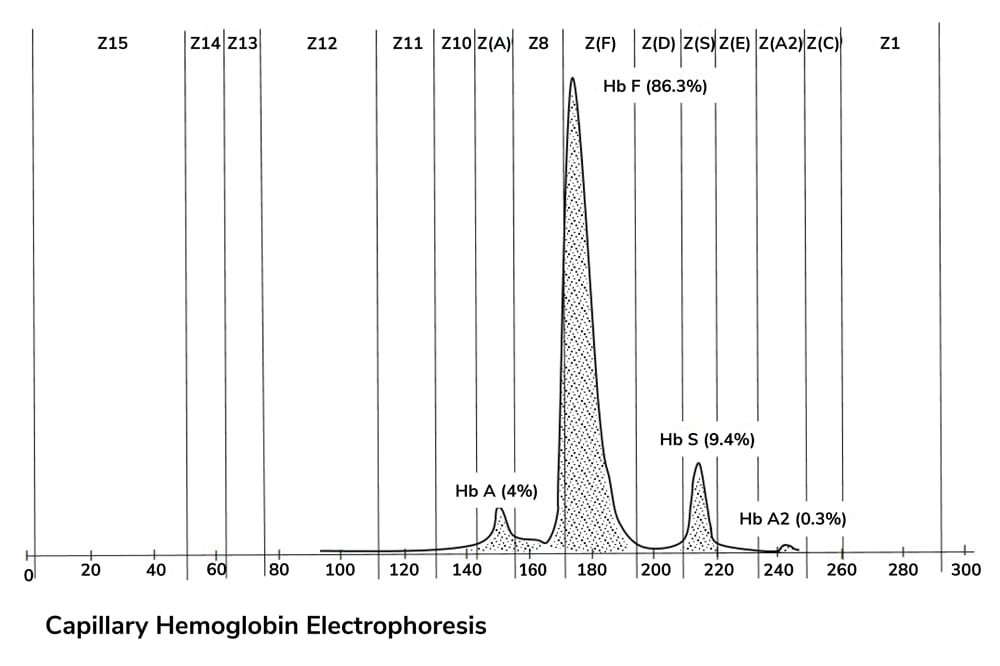The world of academic publishing is a messy one. For centuries, academic journals have been the standard platform for the dissemination of new research. But with the passing of hundreds of years, we’ve gained ever increasing subscription costs and pay-to-publish fees. Bloated costs, lack of transparency, and the push for headline-ready conclusions have left many academics wishing for an alternative.
Access Microbiology – an online journal started by the UK’s Microbiology Society – was born from this collective wish, and presents itself as “an innovative Open Access, open research platform” that aims to turn the peer review process on its head.
We spoke to Helina Marshall, Chancellor’s Fellow and Group Leader at the University of Strathclyde in Glasgow – and Editor-in-Chief of the journal – to find out how she’s helping to shape a new era of scientific publishing.
 Credit: Helina Marshall
Credit: Helina Marshall
How did you get involved with Access Microbiology?
I have been involved with Access Microbiology since its inception. I was an early-career member of the Microbiology Society Publishing Panel during the design of Access Microbiology – and I raised the possibility of an alternative editorial board model that deepened the engagement between early-career microbiologists and the society’s publishing activities. After we launched, I became the first editor-mentee and was subsequently promoted to full editor and now editor-in-chief.
What’s AM’s goal – and what sets it apart?
Access Microbiology has three primary goals. The first two are the publishing of open science and sound science. We achieve these through transparent peer review, pre-printing, and version histories of alternative article types that include negative results and replication studies. Our third goal is what I believe sets us apart – and that is the focus on empowering early career researchers (ECR) through our mentee program that pairs more junior editors with senior academic mentors.
Why is it important that alternatives like AM exist?
Access Microbiology has created a platform for innovation in publishing, especially as most journals are no longer printed. Our publishing model embraces technological change and the move to open science, making research more rigorous and improving data reproducibility. Our mandatory open data policy ensures full transparency and reproducibility. We have also created an editorial board that empowers young researchers and improves the quality of their own work via the editing of other peoples, while facilitating networking between senior academics and young scientists.
Additionally, there is often too much emphasis placed on novelty in traditional journals, the reproducibility crisis shows the negative impacts of this pressure. However, negative results, incremental advances, and replication studies are equally important additions to scientific literature, while also providing researchers some recognition for the time spent on a project – very few publishers focus on this.
 Credit: Microbiology Society
Credit: Microbiology Society
What challenges arise with such a transparent approach?
Culture can change very slowly, and we have found that some people don’t want to submit to a platform where reviews are made public. Equally, some reviewers do not want to review for similar reasons. There is an ongoing issue finding reviewers for nearly all journals and having transparent peer review adds another layer of complexity to this issue. However, the reviews received are often more rigorous, neutral, and constructive as a result.
Do you have any success stories you’d like to share?
Since the launch of Access Microbiology, our submissions have continued to steadily increase, and I would say that this is a direct result of an engaged and dedicated ECR editorial board, as well as promoting the platform to a community that cares about open and sound science.
What’s the future for AM – and for science publications in general?
We plan to continue promoting the platform to relevant audiences and mentoring our ECR board to become constructive and helpful editors, while continuing to streamline our submission and peer review process as the publishing landscape turns more toward open science practices. We’re also planning to expand the scope of article types that we can accept. Science publications in general are reckoning with the industry’s move to open access, Access Microbiology not only embraces this change but pushes for even more progress within the industry.
Teaser Image Credit: The Pathologist




